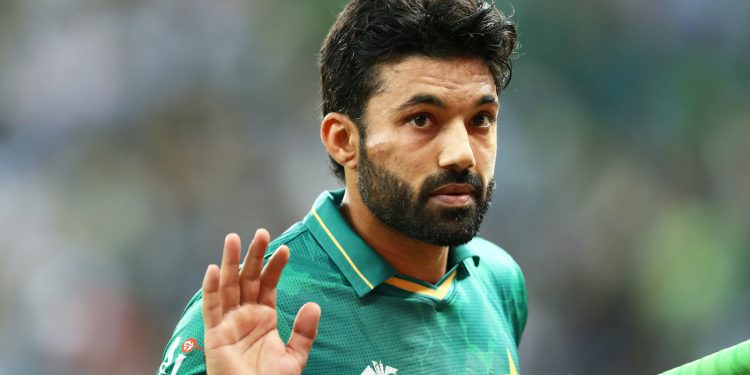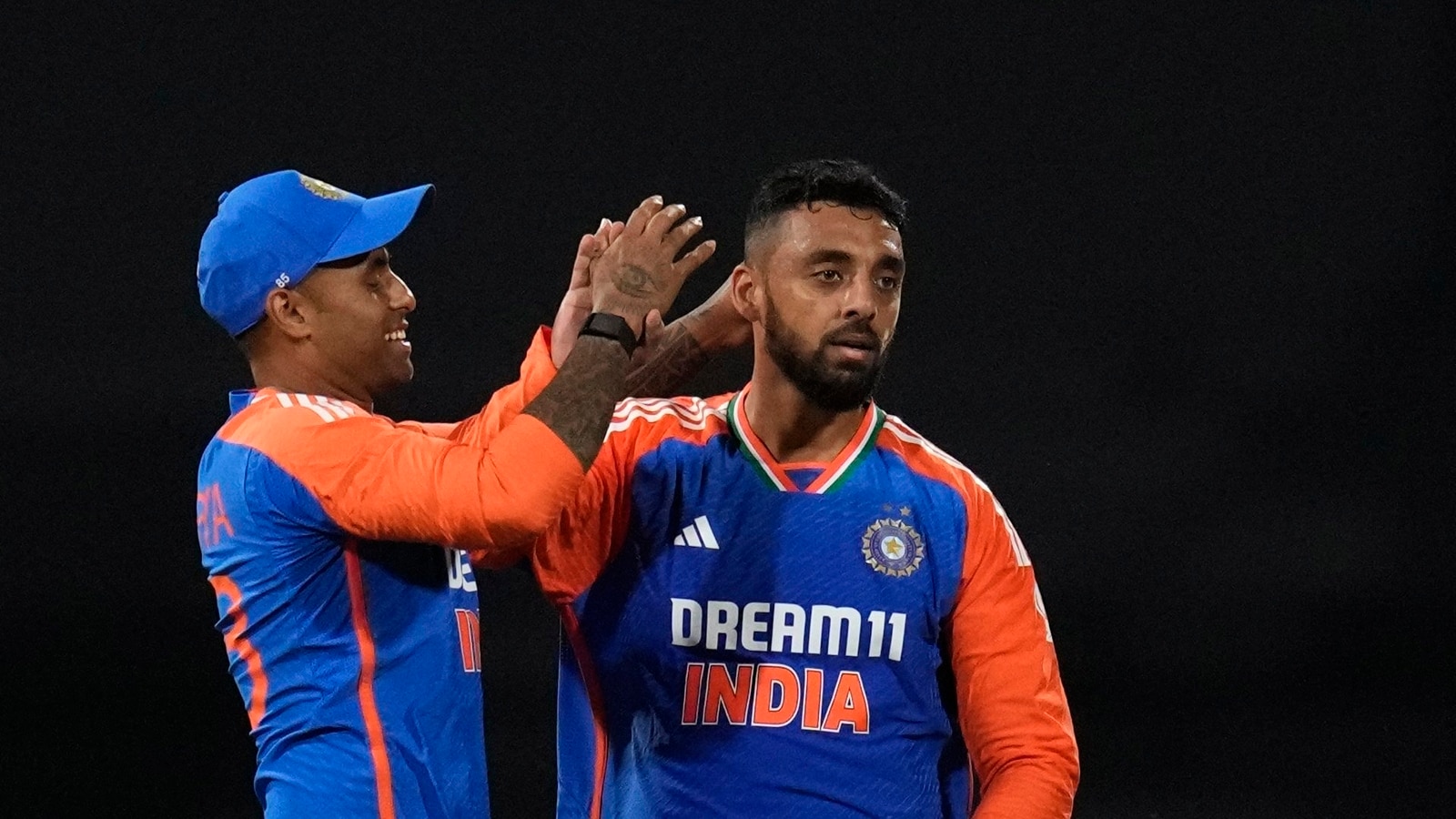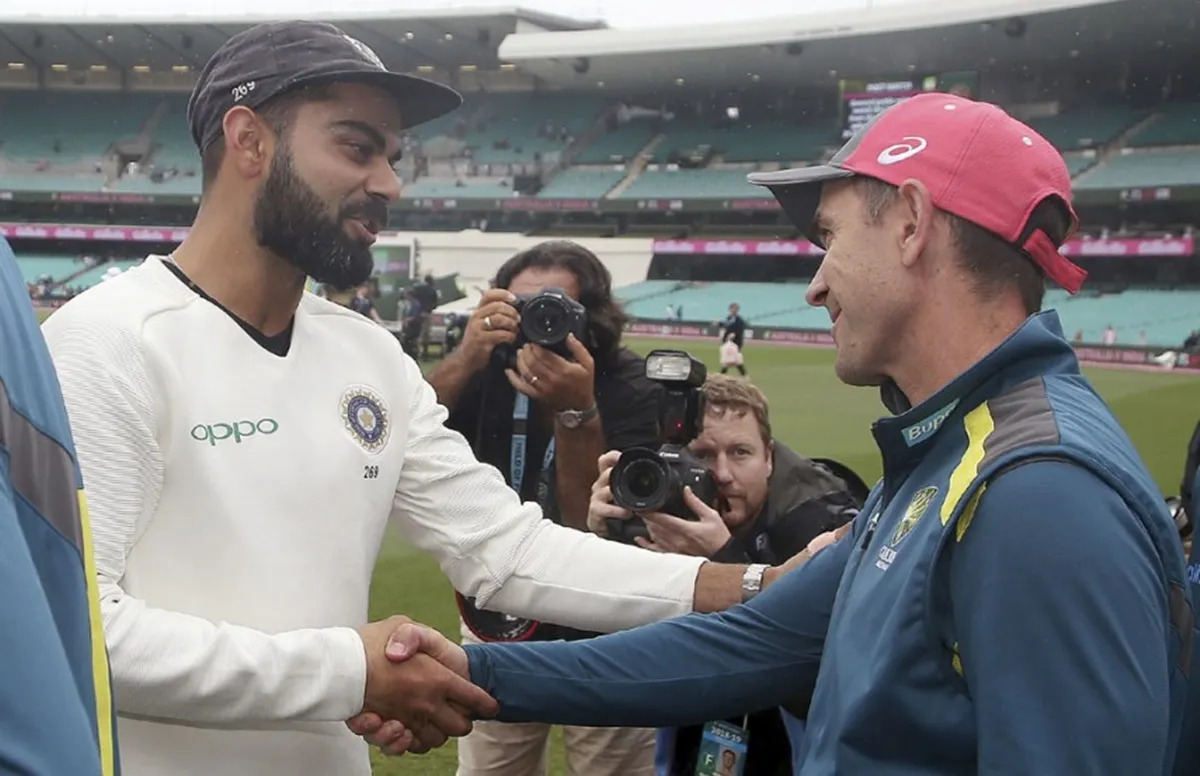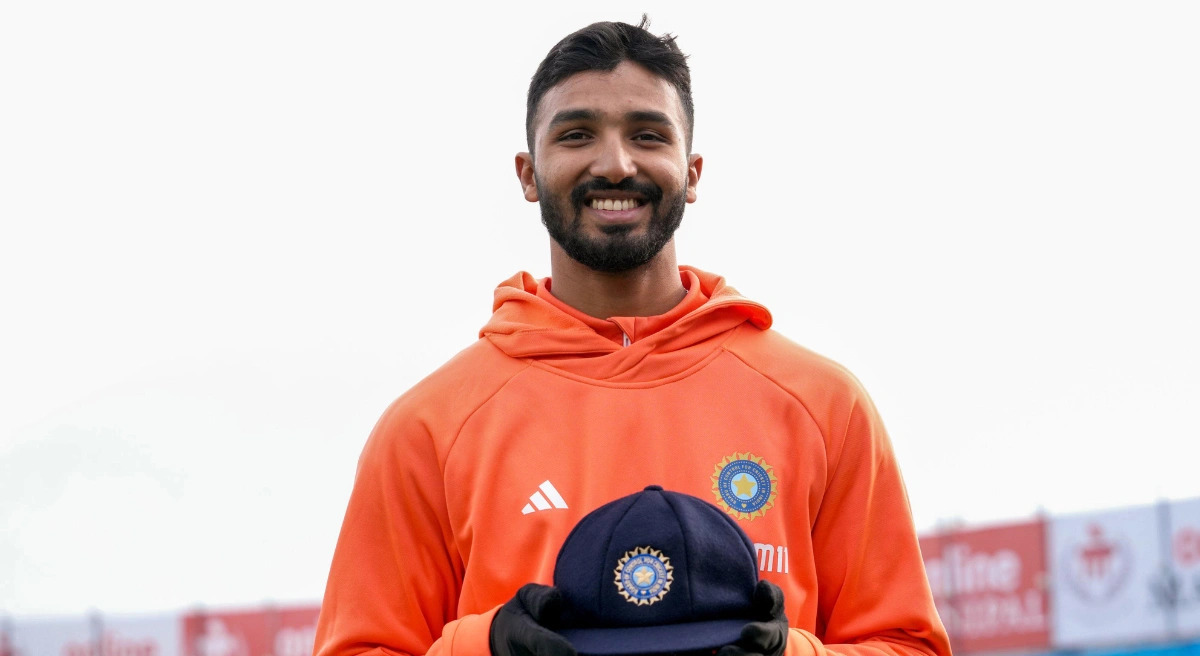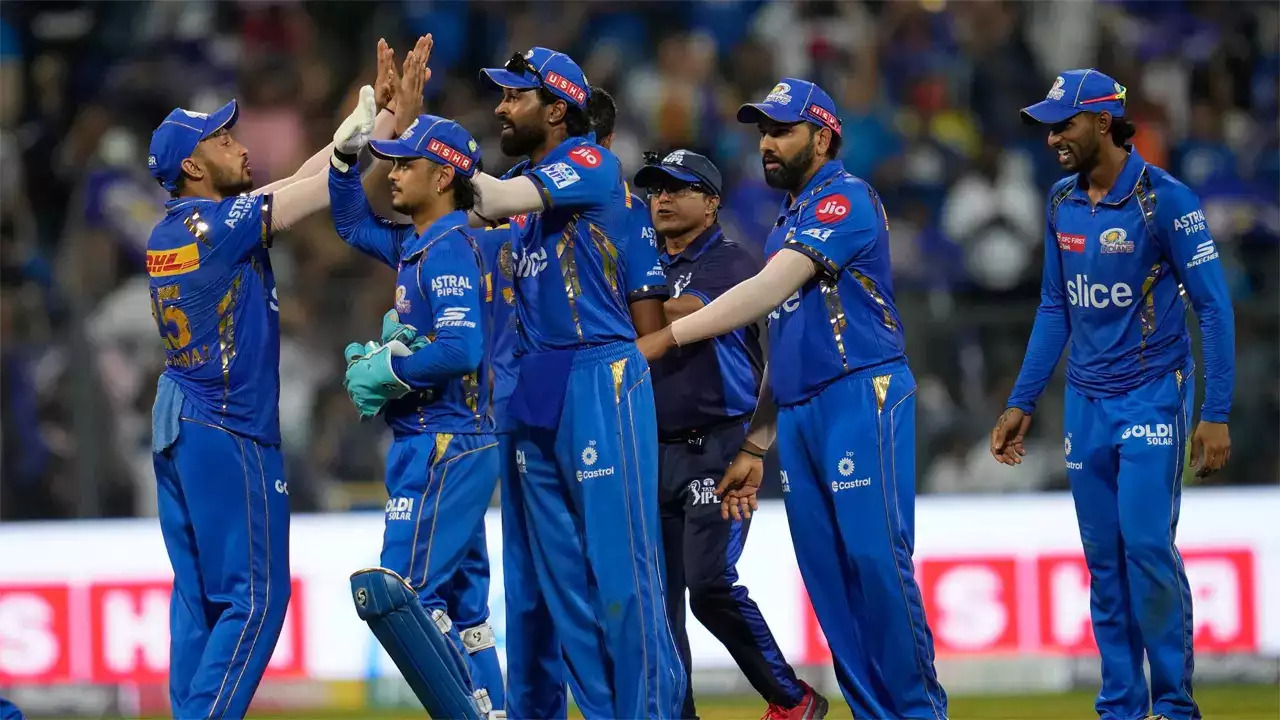Mohammad Rizwan, a talented wicketkeeper-batsman from Pakistan, has been named the country’s new vice captain for Twenty20 international cricket. Through its different social media channels, the Pakistan Cricket Board (PCB) confirmed the news. In a nutshell, Rizwan’s elevation to the position of deputy to Shaheen Shah Afridi may prove advantageous for the side.
Beginning on January 12, Mohammad Rizwan will be assigned to Pakistan for the five-game Twenty20 International series against New Zealand.
Following the team’s appalling performance in the ODI World Cup 2023, the PCB removed star batsman Babar Azam from all format captaincy.
In terms of managing the 23-year-old’s workload, Shaheen Afridi’s selection as the T20I team’s new captain and Rizwan’s appointment as the pacer’s deputy make sense on paper. Notably, as part of their T20 World Cup preparations, Pakistan has already touched down in Auckland ahead of their five-game series against the Black Caps.
.@iMRizwanPak has been appointed vice-captain of Pakistan’s T20I team 🚨 pic.twitter.com/0Zu6DcstML
— Pakistan Cricket (@TheRealPCB) January 8, 2024
Pakistan wants to improve following its defeat by Australia.
Speaking of recent performances, Pakistan just finished a three-game Test series against Australia. The visitors, led by Pat Cummins, were thoroughly outclassed by the Australians and failed to secure a victory in any of the Test matches.
But as the T20 World Cup approaches, Pakistan will want to turn their attention to the shorter formats, and playing New Zealand seems like the best course of action.
Pakistan has had a very successful T20 World Cup history; after losing in the semi-final of the competition in 2021, the team advanced to the tournament’s championship match in 2022.
Pakistan Squad for NZ T20Is:
Shaheen Shah Afridi (captain), Aamir Jamal, Abbas Afridi, Azam Khan (wicket-keeper), Babar Azam, Fakhar Zaman, Haris Rauf, Haseebullah (wicket-keeper), Iftikhar Ahmed, Mohammad Nawaz, Mohammad Rizwan (vice-captain), Mohammad Wasim Jnr, Sahibzada Farhan, Saim Ayub, Usama Mir, and Zaman Khan




 Win Projections to be updated soon
Win Projections to be updated soon



















